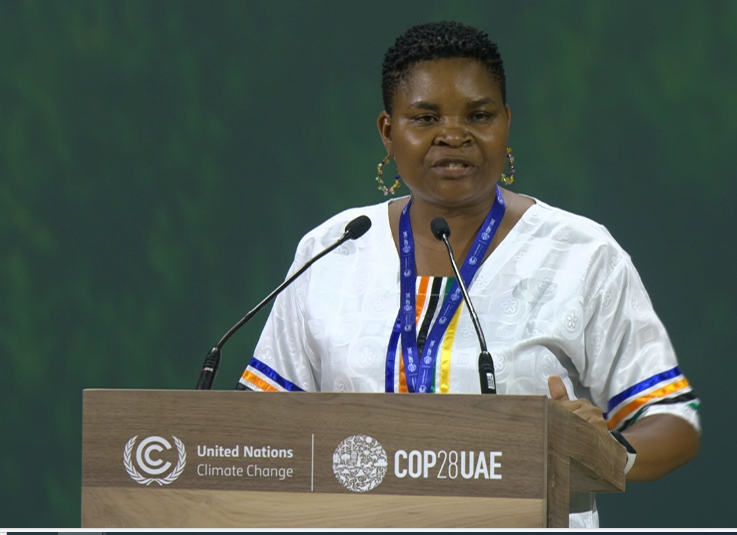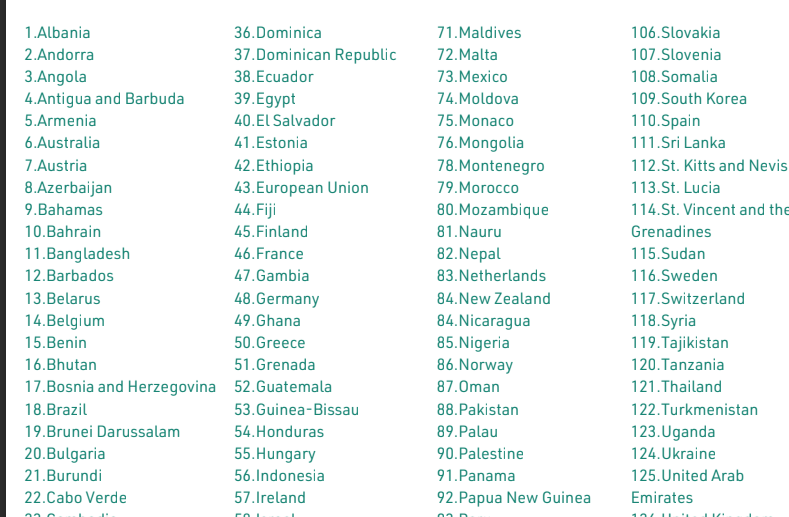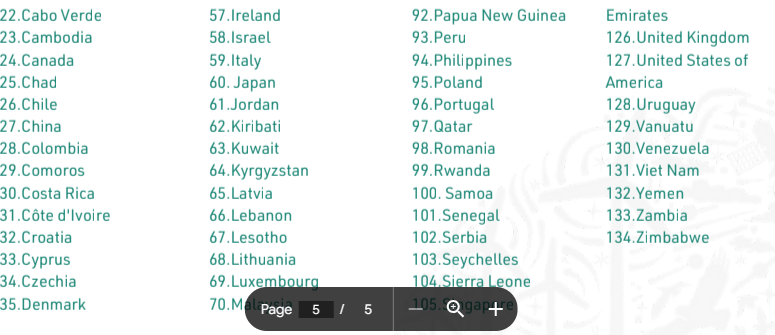By Era Environnement
137 world leaders are committed to integrating agriculture into their national plans. On Friday, they endorsed the United Nations Conference on Agriculture, Resilient Food Systems and Climate Action Presidency Statement. They commit to include food and agriculture in their national climate plans for the first time and increase funding. According to a recent report, small-scale producers receive only 0.3% of international climate finance, even if they produce a third of the world’s food.

“For us to play our part, we need to be part of food and climate decisions and more direct access to climate finance: we produce a third of the world’s food but receive only 0,3% of international climate finance. If governments work with us – and invest in us – we can help create the resilient and sustainable food systems needed to feed the world for generations to come”, advises Elizabeth Nsimadala, a farmer from Uganda, President of the East African Farmers Federation.
The declaration states that signatory countries, without South Africa (it did not sign the declaration), are committed to integrating agricultural and food systems into their national adaptation plans, according to their own national circumstances prior to COP 30 in Brazil in 2025.

“Governments must immediately include food and agriculture in their national climate plans, this means concrete actions, targets, timetables and funding to get fossil fuels out of our food system, promote more diverse and nature-friendly agriculture, support small producers and reduce methane,” urges Wanjira Maithai, Director General for Africa and Global Partnerships at the World Resources Institute, an international research organization. “The global food system which accounts for one third of emissions and is highly vulnerable to climate impacts, is now on the climate agenda and the countdown has begun”.
The declaration indicates a review or reorientation of policies and public support related to agriculture and food systems. Its objective is to promote activities that increase income, reduce greenhouse gas emissions and strengthen resilience, productivity, livelihoods, nutrition, water efficiency and human, animal and ecosystem health.
Long neglected in the negotiations, food still represents a third of global emissions and is very vulnerable to climate impacts. Agriculture is in the Paris agreement premabule. The Paris Agreement, signed by more than 195 countries, highlights the specific nature of agriculture recognizes the need to undertake efforts to limit greenhouse gases and adapt to climate change.

Comoros, China, Ghana and France are among the 134 signatory countries. These 134 countries expressed support for promoting food security and nutrition by stepping up efforts to support vulnerable people. The means advocated in the declaration are social protection systems and school and public food safety nets of targeted procurement, research and innovation programmes focused on the special needs of women, children and youth, indigenous peoples, smallholder farmers, family farmers, and local communities.




